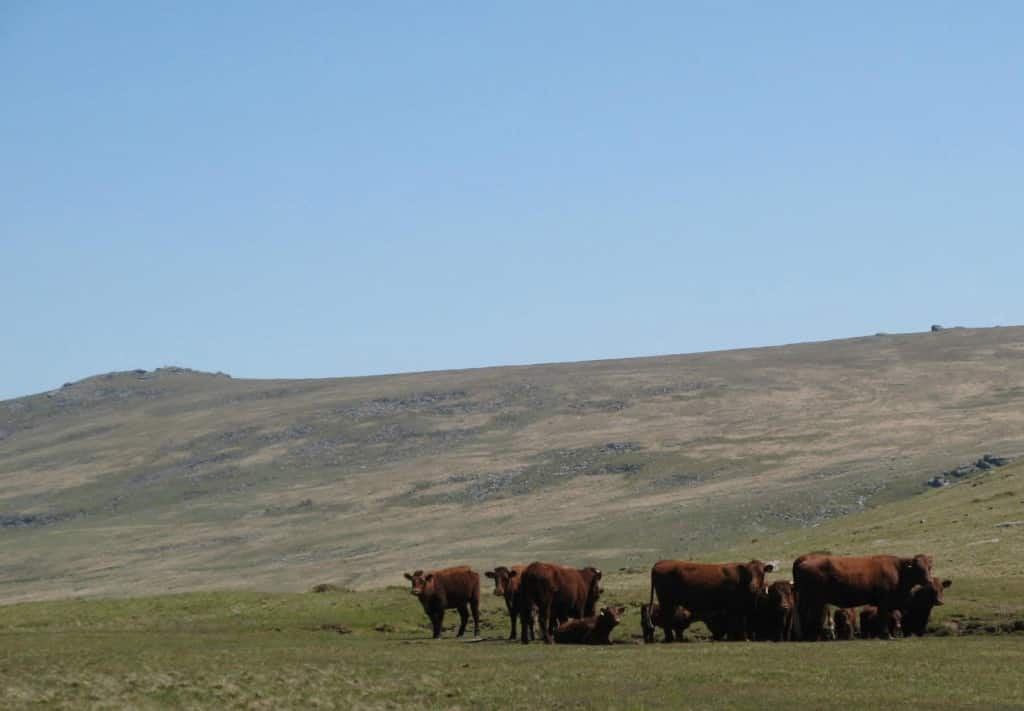Support us from £3/month
We deal with almost 1000 cases a year assisting communities, groups and individuals in protecting their local spaces and paths in all parts of England and Wales. Can you help us by joining as a member?
We have called for a universal speed-limit of 40 mph where unfenced roads cross common land. The society has responded to a consultation from the Department for Transport on the revision of its speed-limit circular.
The Department favours a speed limit of 40 mph for roads ‘with a predominantly local, access or recreational function’ and the society considers that unfenced roads across common land should be included.
Says Kate Ashbrook, our general secretary: ‘Commons are important for their landscape qualities, history, archaeology, wildlife and opportunities for quiet recreation, on foot and horseback. But too many are now crossed by busy roads with speeding traffic.
‘In order to reintroduce grazing animals to benefit the biodiversity, habitat and public access, owners and managers feel they must erect fencing against the roads to protect the stock, and the motorists, from collisions.
‘But it is far preferable to slow the traffic than to fence the common,’ says Kate. ‘Fencing is an eyesore, enclosing a historically open landscape. It is a physical and psychological barrier to public access. People should be able to wander onto the common from any point along the road: even if gates and stiles are provided, the fence is still a severe barrier to access.
‘Commons are traditionally open and unenclosed. Many were stolen during the inclosure movement of the eighteenth and nineteenth centuries. Those that remain are incredibly precious.
‘With a universal speed limit, motorists would know that if they entered a common it was a special place, whose life and traditions should be respected.
‘Of course the police would need to enforce the speed limit, but if there were a few high-profile prosecutions the message would get through.
‘There is a 40-mph speed limit on the unfenced roads across the Dartmoor National Park, and it certainly helps to reduce accidents involving livestock. Recently on Litcham Common in Norfolk, cattle grids were installed with signs urging drivers to slow down, the roadside fencing was removed and the land is open once more.
‘It would make all the difference if the Department of Transport would take up our proposal and introduce a 40-mph speed limit on our magnificent commons,’ Kate concludes.

